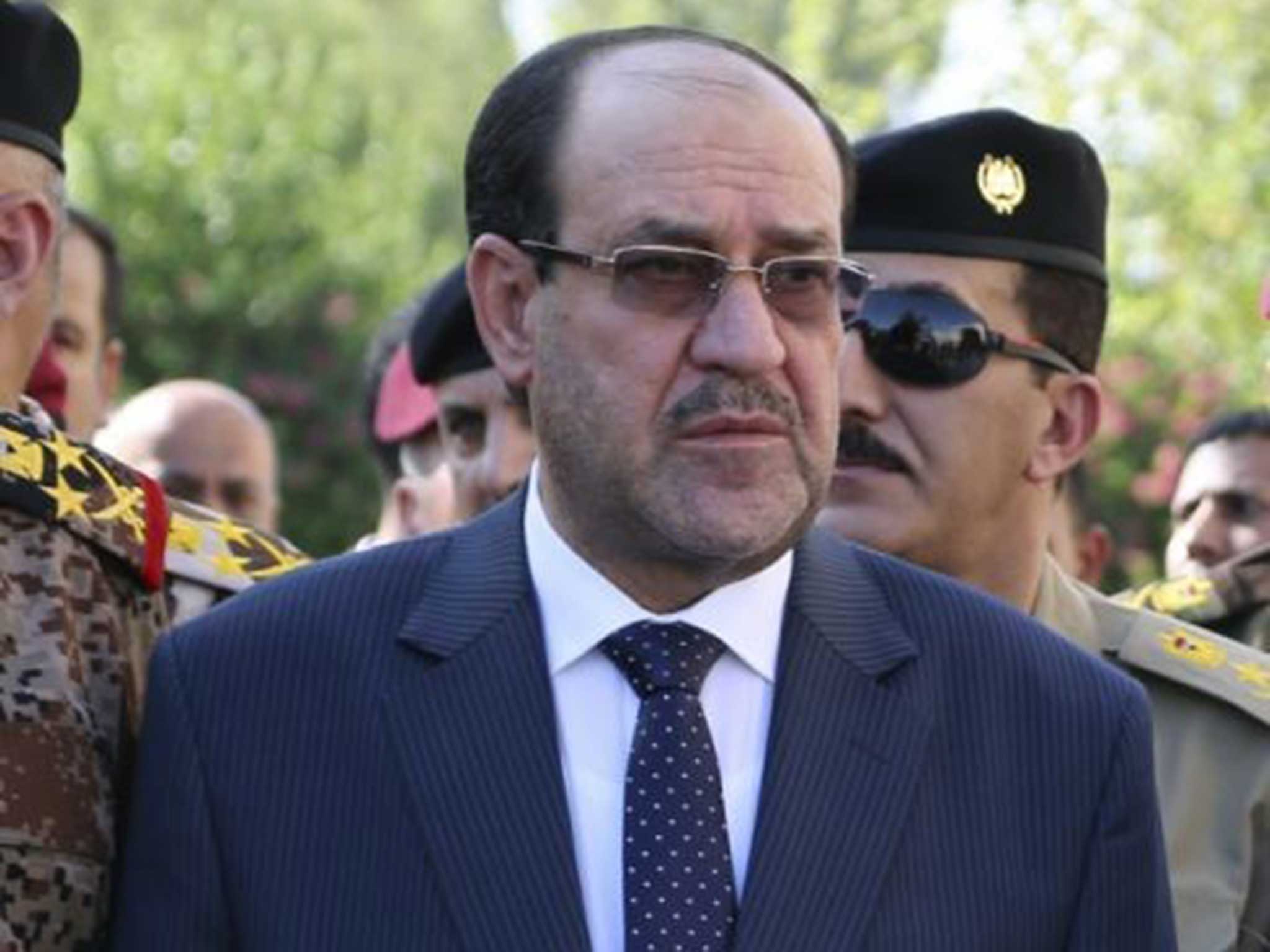Iraq crisis: UN urges nation to fill key government posts
Last week Kurdish politicians formally suspended their participation in Prime Minister Nuri al-Maliki's administration

The United Nations special envoy to Iraq said yesterday that the country could plunge into chaos if its divided parliament fails to move forward on forming a government in its session today.
Nickolay Mladenov called on all lawmakers to attend the session, as lack of progress last week on choosing the top three government posts – president, prime minister, and speaker – would, he said, only "serve the interests of those who seek to divide the people of Iraq and destroy... chances for peace and prosperity".
Iraq was increasingly divided last week as Kurdish forces seized two oilfields in the north and took over operations from a state-run oil company on Friday, while Kurdish politicians formally suspended their participation in Prime Minister Nuri al-Maliki's government.
The moves escalated a feud between the Shia-led government and the autonomous Kurdish region, driven by the Sunni insurgency which threatens to fragment Iraq along sectarian and ethnic lines three years after the withdrawal of US troops.
The Kurdish forces took over production facilities at the Bai Hassan and Kirkuk oilfields near the city of Kirkuk, the oil ministry in Baghdad said. It called on the Kurds to withdraw immediately. Kurdish forces took control of nearby Kirkuk a month ago after Iraqi troops withdrew in the face of the lightning assault by fighters of Islamic State of Iraq and the Levant (Isis).
Kurdish authorities said they had moved to "secure the oilfields" after hearing that the oil ministry planned to disrupt a pipeline designed to pump oil from Makhmour.
Efforts to reach agreement on a new government in Baghdad to confront the insurgents have been complicated by the tensions between Maliki and the Kurds.
Reuters
Join our commenting forum
Join thought-provoking conversations, follow other Independent readers and see their replies
Comments
Bookmark popover
Removed from bookmarks